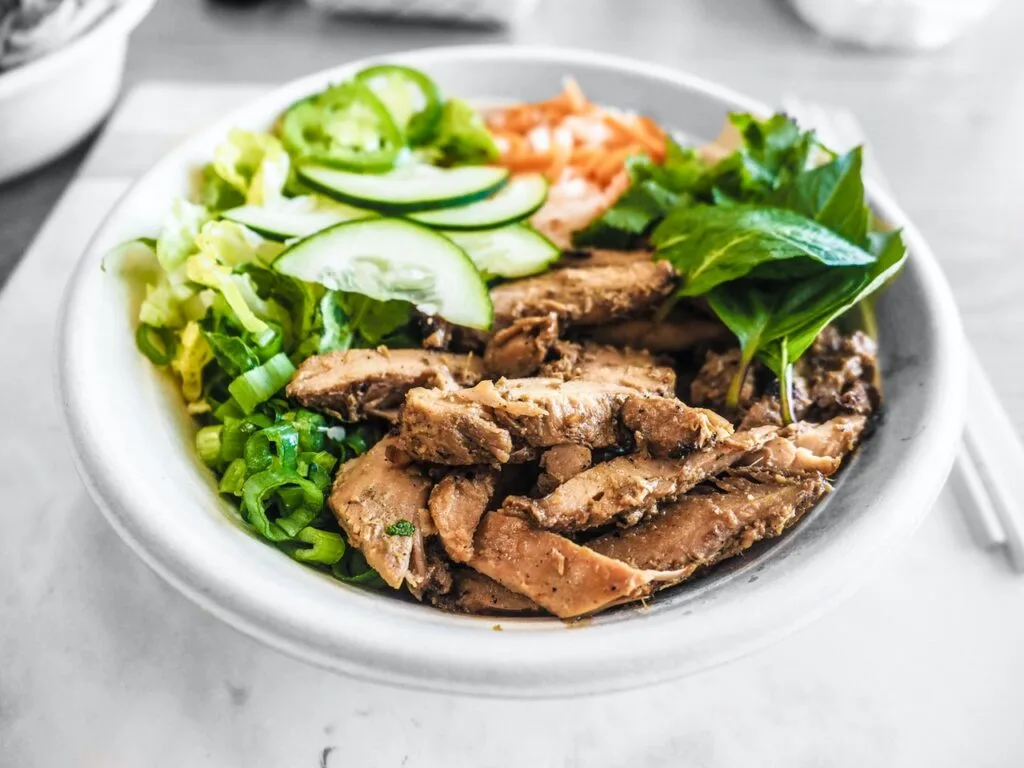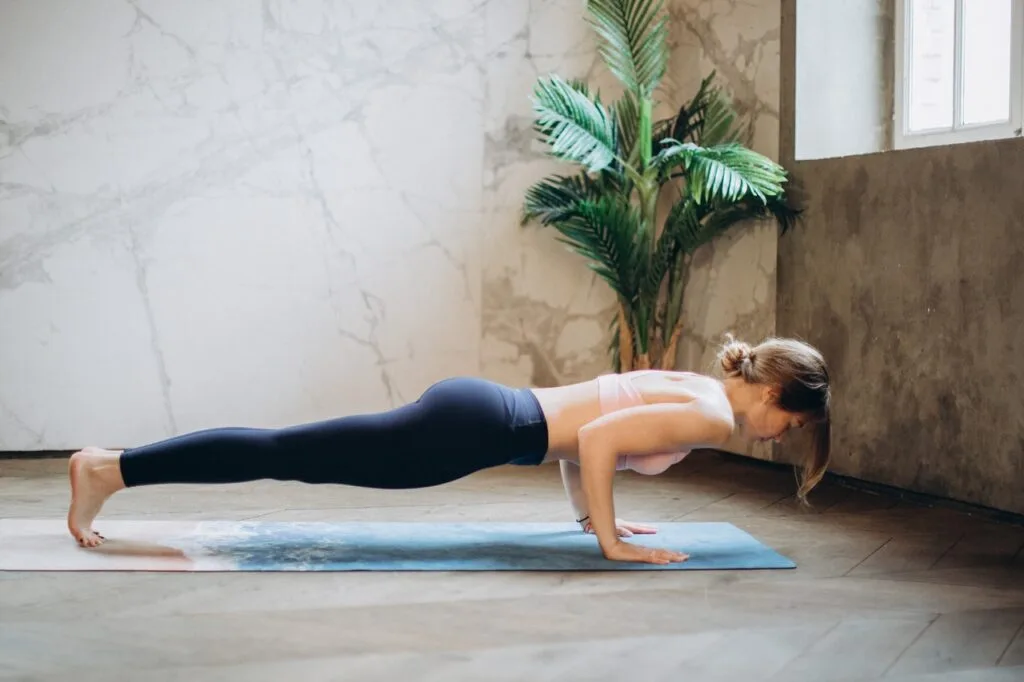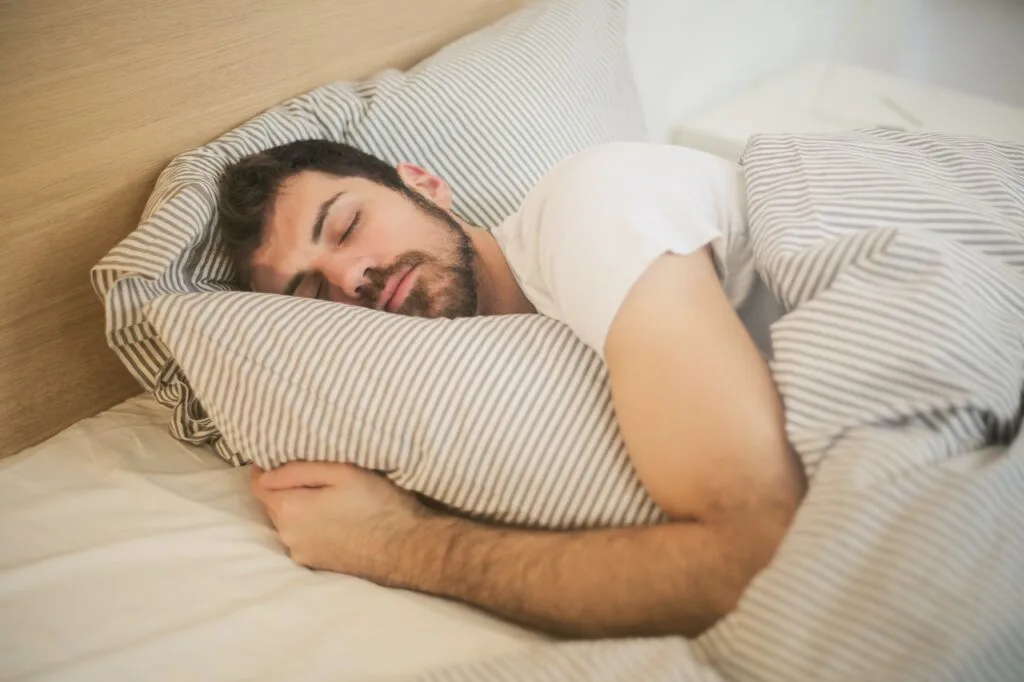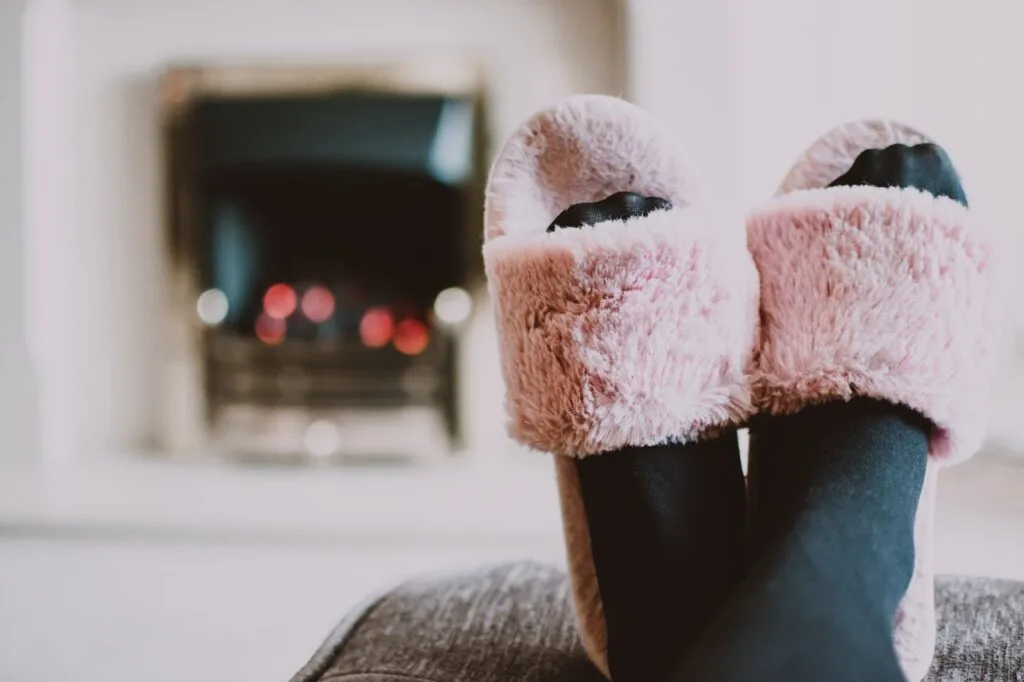It is now more than ever that you should be making healthy changes in your lifestyle. The COVID-19 global pandemic is everyone's fight. There is no vaccine yet, so, your best and only weapon is social distancing and a strong immune system.
Earlier reports suggested that the novel coronavirus attacks those who are most vulnerable in society. That includes the elderly, persons with disability, pregnant women, and other immunocompromised individuals. However, several perfectly healthy adults, many are young, have also fallen victim to the virus.
About 20% of the total global population is forced to stay indoors to stop the spread of COVID-19. But staying at home for long periods of time can take a toll on your physical and mental health. You have limited access to natural sunlight and open spaces, which are essential to managing stress. Also, people have the tendency to stock up canned goods, instant noodles, chips, and other easy-to-prepare food during crises.
An unhealthy diet and sedentary lifestyle will not help you battle the coronavirus. Remember that your goal is to have a fitness game plan to boost your immune system and manage your anxiety and stress levels while in your condo home.
Here is a guide on healthy lifestyle changes you should start today.
1. Cook healthy and delicious meals
 Photo courtesy of Jer Chung via Pexels
Photo courtesy of Jer Chung via Pexels
Are you eating instant noodles again? That is too much salt and preservatives! Are you ordering pizza and greasy fried chicken again? Too many bad fats. Since you are staying at home, take this chance to cook your hot meals. Buy more vegetables, meats, beans, and grains. Cook pasta, roast chicken, and even bake cookies.
What should your daily diet consist of?
Protein is your best source of energy. The body needs it to build, maintain, and repair tissues, cells, and organs. Protein-rich foods also support your mood and cognitive function. Good sources of high-quality protein include seafood, poultry, dairy products, beans, nuts and seeds, and soy products like tofu.
Good fats (monounsaturated fats and polyunsaturated fats) protect your brain and heart and help improve mood. These healthy fats can also trim your weight. Make sure you have these good fats in your daily diet: olive and sesame oils, avocados, peanut butter, flaxseed, fatty fish (salmon, tuna, mackerel), soybean and soy milk.
Fiber lowers your risk for serious ailments such as heart disease, stroke, and diabetes. Dietary fiber is best for weight loss and boosting skincare. Include these high-fiber foods in your diet: cereals, pasta, rice (preferably brown), vegetables, fruits, legumes, whole-grain crackers.
Calcium is beneficial for people with anxiety, depression, and sleep problems. Most importantly, it promotes bone health. Good sources of calcium include milk and other dairy products, yogurt, green leafy vegetables, grains, and orange juice.
Carbohydrates are amazing sources of energy. But not all carbs are good for you. Complex carbohydrates digest slowly and can cause a rise in blood sugar. Include these good carbs in your meals: brown rice, oatmeal, celery, kidney beans, peas, peanuts, apples, bananas, and pears.
Not used to cooking? This is the time to learn. Try out your mom's healthy and tasty recipes or check out cooking videos online. Do a healthy start while you're on self-quarantine. Cook your own food at home.
2. Stay physically active within the four corners of your home
 Photo courtesy of Elly Fairytale via Pexels
Photo courtesy of Elly Fairytale via Pexels
The temptation of staying on the couch and binge-watching Netflix is just too strong these days. Not only is a sedentary lifestyle not good for your physical health. It is not helping you cope with all the anxiety that comes with the global pandemic. You can get active inside your rental condo in a lot of ways. You can declutter and clean your space, scrub off the tiles in your bathroom, shine rusty metal fixtures, and do simple home exercises.
The Mayo Clinic recommends that healthy adults should get at least 150 minutes of moderate aerobic activity or 75 minutes of vigorous aerobic activity a week or a combination of both.
Strength training exercises should be done for all muscle groups at least twice a week. You do not need a large space or gym equipment. You can do at-home workouts such as chair squats, pushups, and stationary lunges.
3. Get restful sleep at night
 Photo courtesy of Andrea Piacquadio via Pexels
Photo courtesy of Andrea Piacquadio via Pexels
Make healthy changes in your life. It is time to hit the sack early in the night. You are asked to stay indoors to stop the spread of COVID-19 and that includes lowering your risk of contracting it. You are not doing anybody a favor by staying up all night playing online games or watching TV series.
Sleep specialists recommend adults (aged 18 – 64) to get at 7 to 9 hours of quality sleep each night. Older adults (aged 65+) should be snoozing for 7 to 8 hours each night.
What are the benefits of a good night's sleep?
- Sleep has restorative functions including muscle growth, tissue repair, protein, synthesis, and growth hormone release.
- Sleep has cognitive functions. Deep restorative sleep accommodates memory processing, learning, and performance.
Having a hard time falling and staying asleep? The current virus outbreak must be increasing your anxiety levels. Calm down your nerves by doing meditative activities an hour before bedtime. You can do yoga or breathing exercises. Turn off your electronic devices. Drink chamomile tea and put on white noise to help your mind and body prep for a restful sleep.
4. Manage your anxiety and stress levels
 Photo courtesy of Lisa Fotios via Pexels
Photo courtesy of Lisa Fotios via Pexels
The lockdown in many countries is unprecedented. Many compare these times to wartime periods when people are forced to stay indoors, most government and commercial establishments are closed and public transport is paralyzed. It is completely normal to feel anxious, stressed, and overwhelmed. But letting fear take over can do harm to your overall health.
Here are mental health tips for condo renters feeling overwhelmed these days:
- Read only information from trusted resources.
- Keep informed about current events but avoid paying too much attention to the news. Set boundaries.
- Practice mindfulness to help reduce stress. Sit quietly and focus on your breathing.
- Start reading a new book, listen to music, revisit a hobby.
- Connect with others via phone, text, or messaging apps.
The fear and isolation you are experiencing since the lockdown began is totally normal. A lot of people are feeling the same way. But like any other crises, this too shall pass. Hang in there! While you are at home, start lifestyle changes that will benefit you during the COVID-19 pandemic and beyond.










